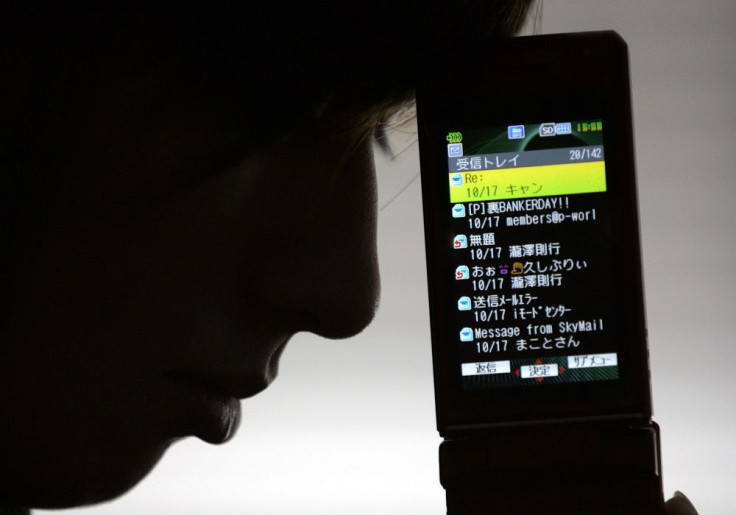Mental Health Report: Malaysia solves cyberbullying by close parent-teacher-child collaboration

Cyberbullying that happens in Malaysia is best handled by close collaboration among parents, teachers and students, according to a study released by Telenor Group . What’s interesting about this is that the students themselves are open to disclosing their experience to their authority figures, instead of ignoring the cyberbullying, or handling it by themselves.
The Telenor study, which was released in time for Safer Internet Day, surveyed 1,896 students from Malaysia, along with 1,336 from Thailand and 1,510 from Bangladesh, all aged 12 to 18. Thirty-nine percent of Malaysian students gave in to online peer pressure, which takes the form of forcing them to visit Web sites they may not agree with or they may find distasteful. Another 39 percent of Malaysian students experienced being bullied, harassed, mocked, or being made fun of online.
The effects of bullying on children can neither be ignored nor overestimated. The Web site No Bullying specifically enumerates its repercussions on Malaysian kids: loss of interest in school, decreased social activity with their peers, depression, loss of appetite, bursts of anger likened to a volcanic eruption, lack of sleep and headaches.
Interestingly, more than 50 percent of these Malaysian students tend to seek help from their parents or teachers when they are faced with peer pressure or cyberbullying.
The survey also revealed that that 70 percent of these Malaysian students would not resort to sexting or sending sexual photos of themselves to their peers or other associates.
However, two-thirds of the students did not classify sending illicit photos or an inappropriate SMS, or assuming another online identity, under cyberbullying acts. This aspect of the survey reveals that many students do not understand the repercussions of online words on somebody.
In light of the students’ seeking counsel from their authority figures, Ola Jo Tandre, head of Telenor’s social responsibility group, says, “Since both teachers and parents play an important role in supporting students to use the internet safely, closer collaboration between schools and families can lead to a more holistic approach.”
Parental guidance over their children’s online habits is something that cannot be overlooked. In today’s digital era, the use of the computer is often non-stop. Connectivity 24/7 is fast becoming constant because of the surge of technology like the Internet Of all Things, the 5BARz’ network extender, and upgraded Wi-fi infrastructure. Their cellular device is the first thing that children look at when they wake in the morning, and it is the last thing they check before they go to bed. Most of their parents actually behave the same way.
Still, regardless of how technology develops, communication has always been the foundation of a strong relationship between parents and their children, and students and their teachers. UNICEF Malaysia points out that a strong bond is critical to addressing online bullying. The children must feel that they can approach their parents any time once someone harasses them. Their trust in their mother and father will encourage them to share their online habits and preferences with them.
Cybersafe Malaysia adds more tips that can help parents protect their children from cyberbullying. First, monitor their Internet habits and set specific schedules along with time length; overnight surfing and chatting are a no-no. Second, install online blocks that can keep out unsafe Web sites and the dangerous users who dwell in it. Third, parents themselves must set the password that will keep the computer locked on certain times, enabling regulation of use much easier.
The Telenor Group mandated the study to create a safer online environment for the students. This promising beginning can usher in a more bully-free digital landscape for the young minds of today, with a little help from their parents and teachers.





















